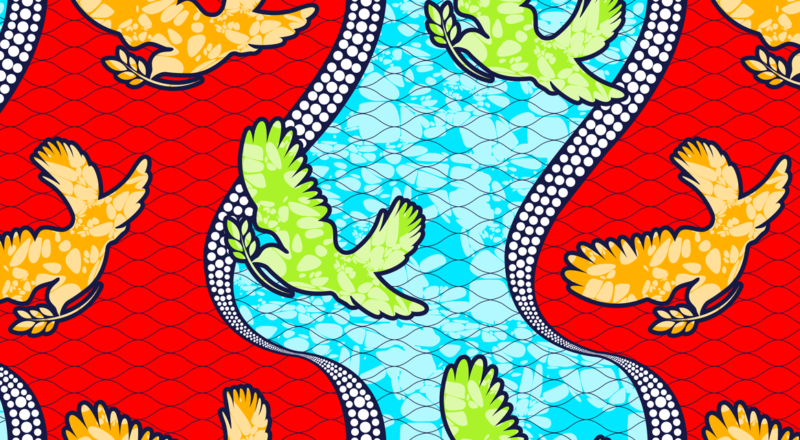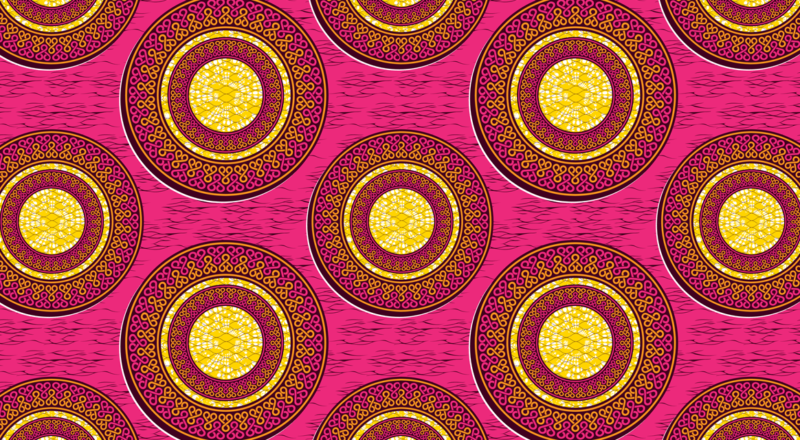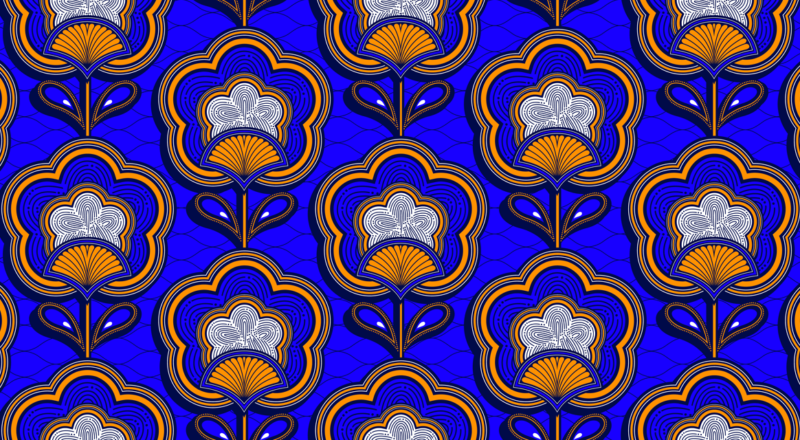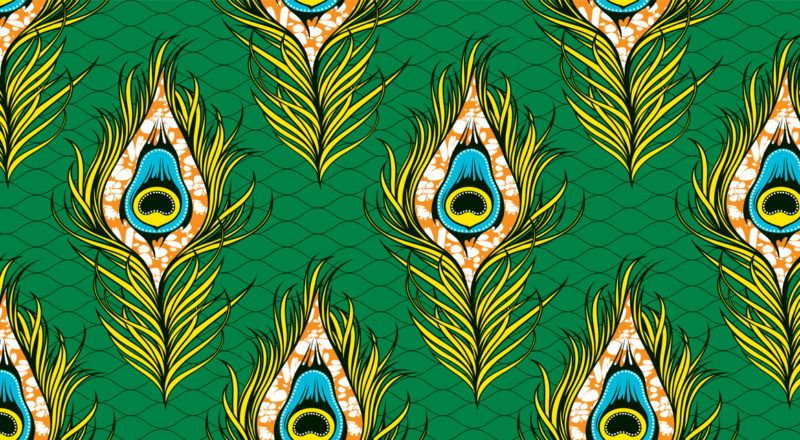Sobhuza I (1780–1836) who ruled Swaziland from 1815 until his death, was also called Somholo, ‘the wonder’, because just before his birth his father Nduvungunye was struck by lightning. It was he who led his people away from the turmoil of the wars associated with the rise of Shaka Zulu, settling them in what is now central Swaziland.
Let him alone, the son of Langa.
Let him go upstream the Crocodile river…






